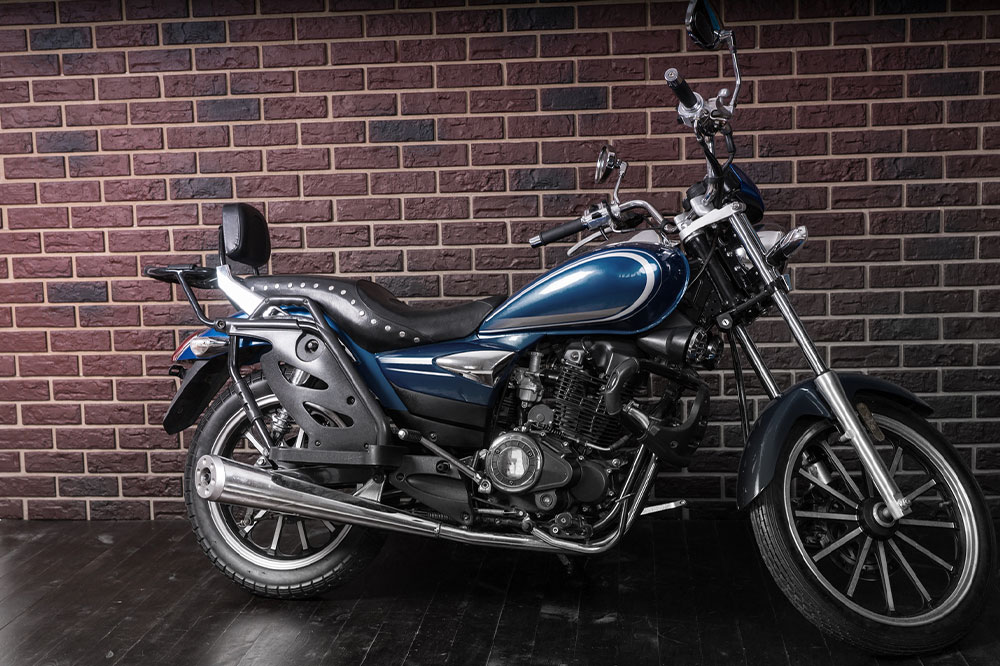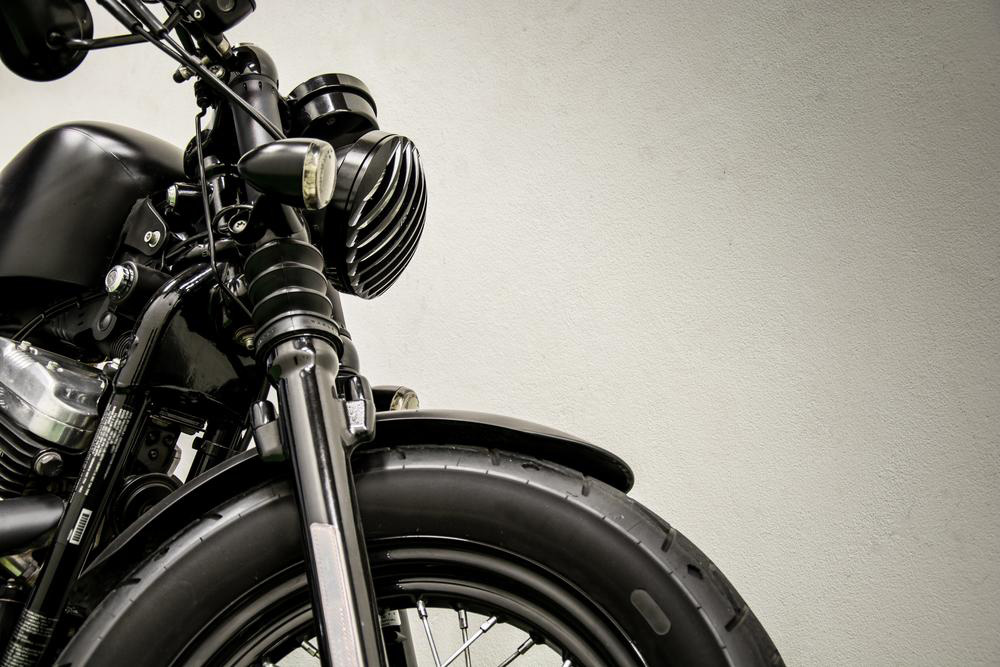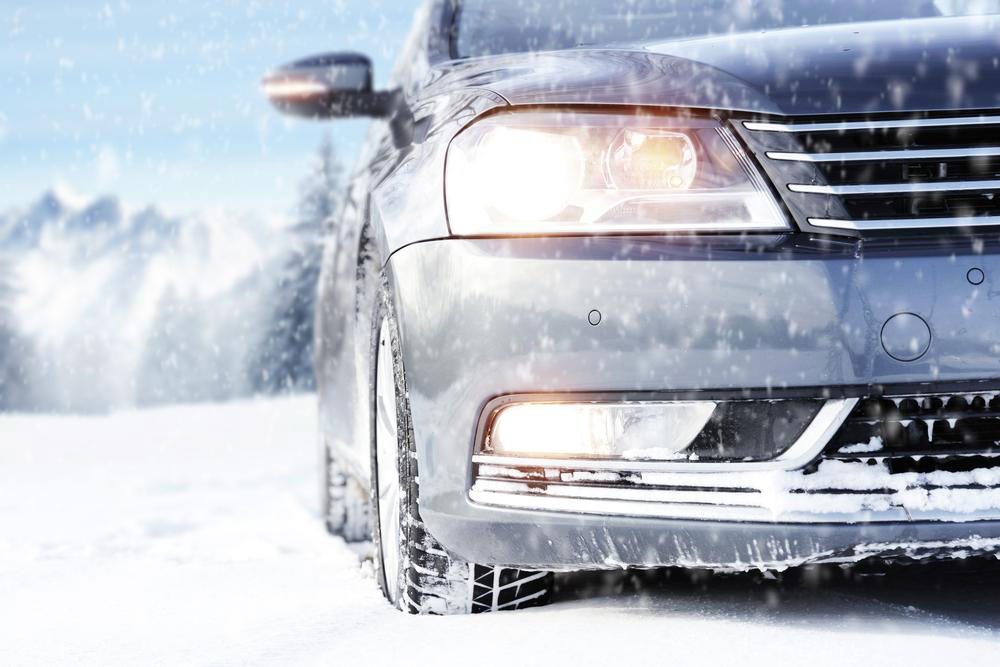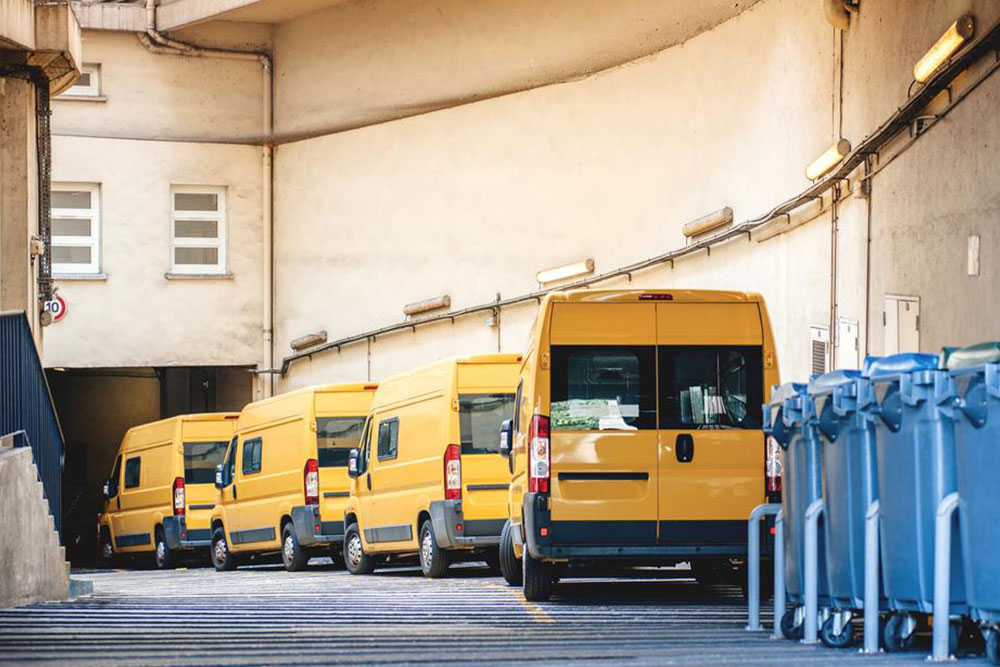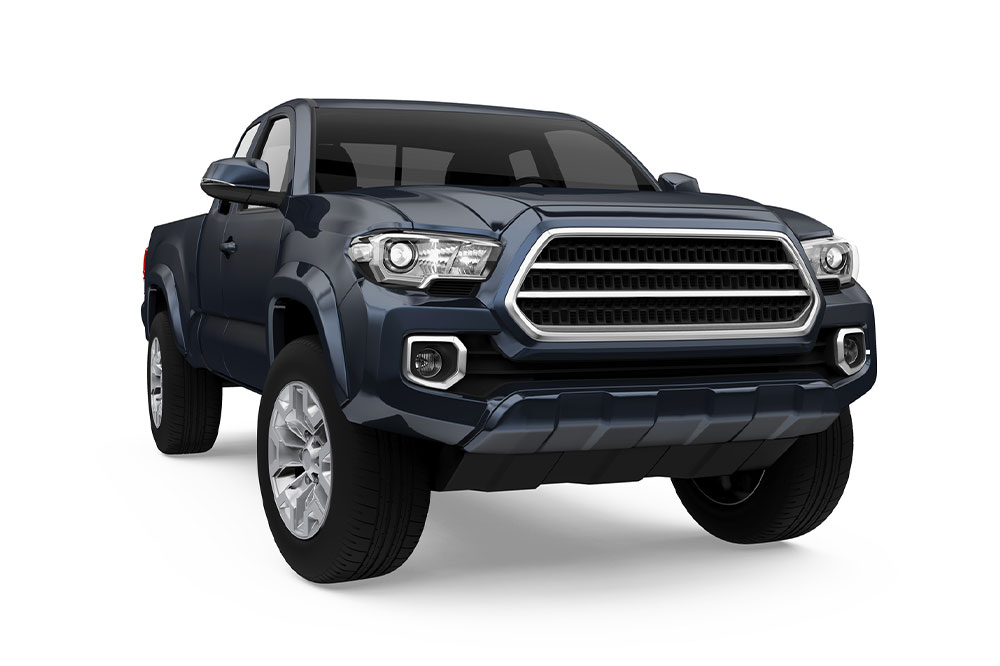Guide to Buying Your Next Repossessed Motorcycle Safely
Learn essential tips for safely purchasing repossessed motorcycles. This guide covers verifying lenders, evaluating vehicle history, setting budgets, and understanding auction procedures. Proper knowledge helps you secure a reliable bike at a fair price while avoiding common pitfalls. Whether you're experienced or new to the process, these insights ensure informed decisions and successful acquisitions at motorcycle auctions.

Guide to Buying Your Next Repossessed Motorcycle Safely
Opting to purchase a repossessed motorcycle offers an affordable route to motorcycle ownership. These vehicles often sell at a fraction of their original price, making them attractive options for budget-conscious buyers. However, careful evaluation is essential to ensure you’re making a worthwhile investment. Whether you're an experienced rider or new to motorcycling, knowing key factors to consider will help you secure a reliable bike without unforeseen issues.
Choose a Trusted Lender
When shopping for repossessed motorcycles, verifying the credibility of the lender conducting the auction is crucial. Reputable lenders organize auctions to recover outstanding loan amounts on motorcycles that owners defaulted on. Selecting a well-known auction house minimizes risks of purchasing defective or incomplete bikes and ensures you're dealing with legitimate vendors.
Review the auction's upcoming inventory beforehand by browsing online. Going through the list of vehicles helps you understand what's available, compare options, and determine which bikes fit your needs and budget. This preparation allows for smarter bidding and helps set realistic price limits around market values.
Pricing Considerations
Repossessed motorcycles often have high initial retail prices, sometimes over $10,000, especially if financed. However, at auction, these bikes can go for significantly less. It’s wise to set a strict budget and research current market prices. Consult with experienced buyers or friends familiar with auctions to develop successful bidding strategies. Remember, your aim is to avoid overpaying and to ensure a fair deal.
Perform a VIN Check
Obtain the vehicle's identification number and conduct a detailed history report using services like AutoCheck or Carfax. This helps uncover past accidents, repairs, recalls, and title issues, providing insight into the bike's condition and value. Such information is vital for making an informed bid and assessing safety concerns.
Check Warranty Details
Ask if the motorcycle still falls under its original warranty. If so, this provides peace of mind for repairs or unexpected issues, saving you money. Confirming warranty status before purchase reduces the risk of unforeseen repair costs post-sale.
Estimate Ownership Expenses
Buying at auction may be less costly upfront, but consider ongoing costs such as insurance, maintenance, fuel, and potential repairs. Assess your financial readiness to handle these expenses over time, especially if you're planning to keep or resell the bike later.
Remember, bikes at auction are sold as-is without guarantees or return options. Exercise caution, especially if unfamiliar with specific models or signs of wear. Consulting with motorcycle enthusiasts can provide valuable insights into identifying potential issues before bidding.
Understanding Auction Financing
After winning a bid, payment is typically required within a set timeframe. Payments are often in cash, but confirm accepted methods with the auction house beforehand. Be aware of possible storage or late fees if payments are delayed. Having funds ready on the day simplifies the process and speeds your acquisition.
Explore local or online wholesale motorcycle auctions, including bank-repossessed listings, to discover suitable options. This approach broadens your choices and helps find quality bikes at attractive prices.


